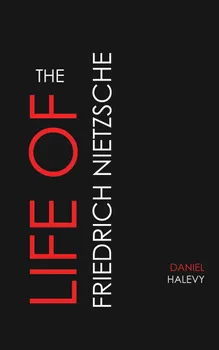Karl-Ludwig Nietzsche, a young clergyman of the Lutheran Church, came of an ecclesiastical family. His father and his grandfather had taught theology. His wife was the daughter and the granddaughter of clergy-men. Ignoring modern thought and all the agitations and desires of his time, he followed the safe path of the double tradition, which had at once been revealed by God to the faithful and indicated by Princes to their subjects. His superiors thought highly of him. Frederick William Iv., King of Prussia, condescended to take him under his wing, and he might have hoped for a fine career had he not suffered from headaches and nerves. As it was, rest became essential.

La cooperativa de Palmicultores de Colombia-COPALCOL: un caso de empresa asociativa rural exitosa
Laura Rugeles
book
History of the French Revolution
F. A. M. Mignet
book
Cultural Revolution Shifts
Hannah Martin
book
Alejandro, genio ardiente : El manuscrito de Cristina de Suecia sobre la vida y hechos de Alejandro Magno
Margarita Torrione
book
Introduction to Roman Law
James Hadley
book
Thomas Müntzer, teólogo de la revolución
Ernst Bloch
book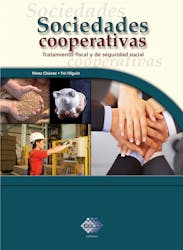
Sociedades cooperativas 2015 : Tratamiento fiscal y de seguridad social
José Pérez Chávez, Raymundo Fol Olguín
book
Cálido viento del norte : Relatos de disidentes de las ideologías dominantes en Suecia, Noruega, Dinamarca y Finlandia, Groenlandia y las Islas Feroe
José Miguel Cejas Arroyo
book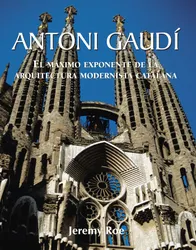
Antoni Gaudí - El máximo exponente de la arquitectura modernista catalana.
Jeremy Roe
book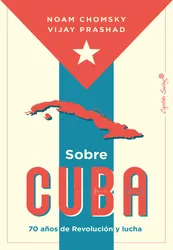
Sobre Cuba
Noam Chomsky, Vijay Prashad
book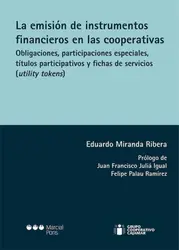
La emisión de instrumentos financieros en las cooperativas : Obligaciones, participaciones especiales, títulos participativos y fichas de servicios (utility tokens)
Eduardo Miranda Ribera
book
The Cultural Revolution : A Captivating Guide to a Decade-Long Upheaval in China Unleashed by Mao Zedong to Preserve Chinese Communism
Captivating History
book
